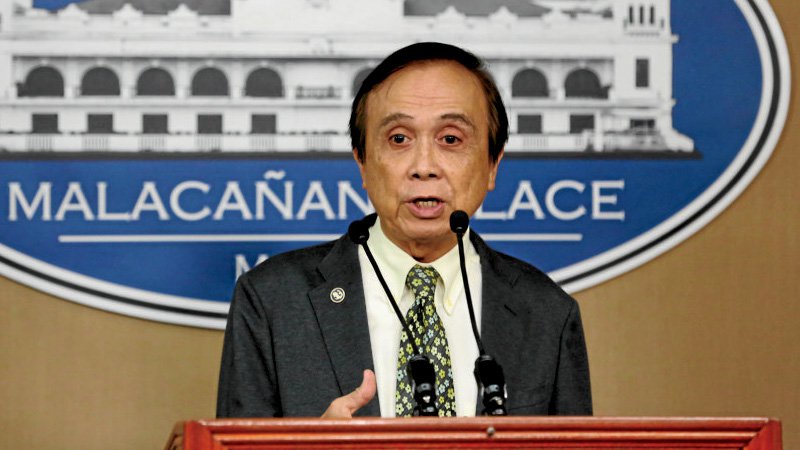The country’s chief economist is pushing for the immediate passage of the first package of the proposed tax policy reform program as the government’s budgetary assumptions for 2018 already factored in lower personal income tax rates.
Socioeconomic Planning Secretary Ernesto M. Pernia told reporters that the comprehensive tax reform should be approved as foregone revenues from the plan to bring down tax rates should be compensated by upward adjustments in other taxes.
If the Department of Finance’s proposed first package would not be approved by Congress next year, “it will make the 2018 budget difficult because the [revenue side] will be uncertain, we don’t know the assumption to apply,” said Pernia, who is also director general of the National Economic and Development Authority.
Budget documents showed that total tax and non-tax revenues had been programmed to hit P2.99 trillion in 2018, of which tax revenues must hit P2.82 trillion or 16.1 percent of the gross domestic product (GDP).
The Inquirer earlier learned that the DOF had pitched to Congress a revised version of the first package of its comprehensive tax reform proposal, which will now include mandatory marking of oil products as well as the grant of absolute amnesty on estate tax deficiency.
The DOF submitted to both houses of Congress a bill containing the first package of its tax policy reform program last September, but a number of provisions were frowned upon by legislators, including the removal of value-added tax (VAT) exemption on senior citizens’ non-essential purchases.
A copy of the revised draft bill said the first package “seeks to lower personal income taxes, broaden the VAT base, adjust excise taxes on petroleum and automobiles, reduce the estate and donors tax and provide an amnesty to past estate tax cases.”
Under the first package, the following tax administration measures were to be pursued: Mandatory use of fuel marking; recognition of e-receipts; mandatory interconnection of large and medium firms point-of-sale machines and accounting system with the Bureau of Internal Revenue; mandatory use of GPS locks when transporting cargo from ports to economic zones and free ports; shift to quarterly VAT and percentage tax filing to improve compliance, and relaxation of bank secrecy for fraud cases.
While it was initially supposed to be included in the succeeding tax reform packages, the DOF is now moving to include in the first package the reduction of estate and donors tax to 6 percent, while also providing absolute amnesty on past estate taxes that remained unpaid.
